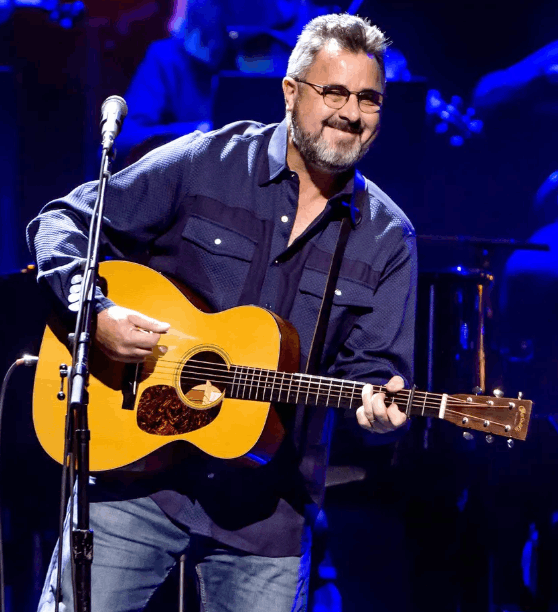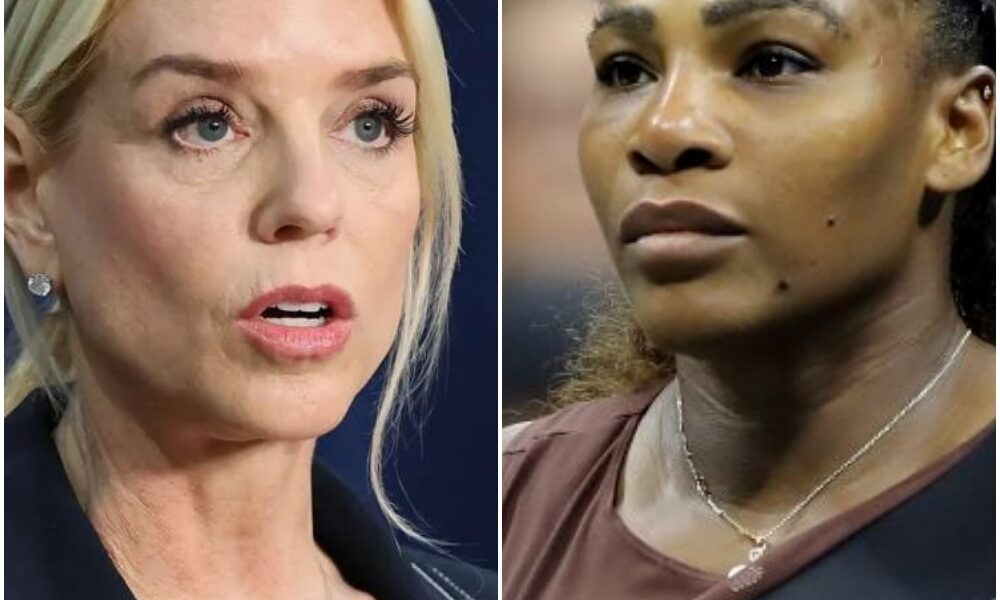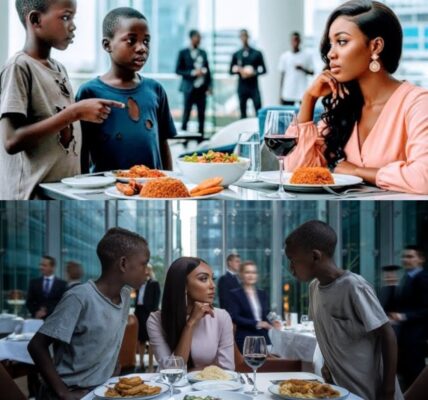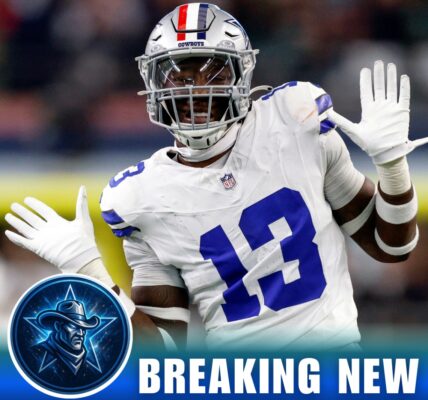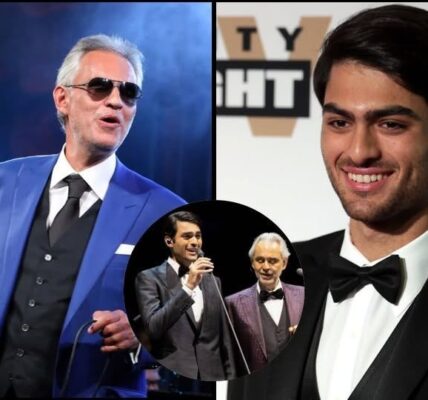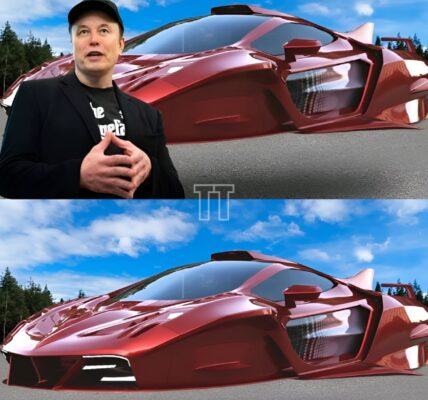Please enable JavaScript to view protected content.
Please enable JavaScript to view protected content.
Please enable JavaScript to view protected content.
Please enable JavaScript to view protected content.
Please enable JavaScript to view protected content.
Please enable JavaScript to view protected content.
Please enable JavaScript to view protected content.
Please enable JavaScript to view protected content.
Please enable JavaScript to view protected content.
Why Bad Bunny Became a Lightning Rod
Please enable JavaScript to view protected content.
Please enable JavaScript to view protected content.
Please enable JavaScript to view protected content.
Please enable JavaScript to view protected content.
Please enable JavaScript to view protected content.
Please enable JavaScript to view protected content.
Please enable JavaScript to view protected content.
Please enable JavaScript to view protected content.
Please enable JavaScript to view protected content.
The NFL’s Impossible Balancing Act
Please enable JavaScript to view protected content.
Please enable JavaScript to view protected content.
Please enable JavaScript to view protected content.
Please enable JavaScript to view protected content.
Please enable JavaScript to view protected content.
Please enable JavaScript to view protected content.
Please enable JavaScript to view protected content.
Please enable JavaScript to view protected content.
Please enable JavaScript to view protected content.
Jeanine Pirro’s Intervention: A Warning Shot
Please enable JavaScript to view protected content.
Please enable JavaScript to view protected content.
Please enable JavaScript to view protected content.
Please enable JavaScript to view protected content.
Please enable JavaScript to view protected content.
Please enable JavaScript to view protected content.
Please enable JavaScript to view protected content.
Please enable JavaScript to view protected content.
Please enable JavaScript to view protected content.
A Nation Divided, A Fanbase in Turmoil
Please enable JavaScript to view protected content.
Please enable JavaScript to view protected content.
Please enable JavaScript to view protected content.
Please enable JavaScript to view protected content.
Please enable JavaScript to view protected content.
Please enable JavaScript to view protected content.
Please enable JavaScript to view protected content.
The Financial Fallout
Please enable JavaScript to view protected content.
Please enable JavaScript to view protected content.
Please enable JavaScript to view protected content.
Please enable JavaScript to view protected content.
Please enable JavaScript to view protected content.
Please enable JavaScript to view protected content.
Please enable JavaScript to view protected content.
The Broader Cultural Stakes
Please enable JavaScript to view protected content.
Please enable JavaScript to view protected content.
Please enable JavaScript to view protected content.
Please enable JavaScript to view protected content.
Please enable JavaScript to view protected content.
Please enable JavaScript to view protected content.
What Lies Ahead
Please enable JavaScript to view protected content.
Please enable JavaScript to view protected content.
Please enable JavaScript to view protected content.
Please enable JavaScript to view protected content.
Please enable JavaScript to view protected content.
Please enable JavaScript to view protected content.
Please enable JavaScript to view protected content.
Conclusion: A Shattered Mirror
Please enable JavaScript to view protected content.
Please enable JavaScript to view protected content.
Please enable JavaScript to view protected content.
Please enable JavaScript to view protected content.
Please enable JavaScript to view protected content.
Please enable JavaScript to view protected content.
Country music legend Vince Gill has unleashed a fiery tirade against the NFL’sPlease enable JavaScript to view protected content.
Please enable JavaScript to view protected content.
A Flashpoint in a Growing Cultural War
Please enable JavaScript to view protected content.
Please enable JavaScript to view protected content.
Please enable JavaScript to view protected content.
Please enable JavaScript to view protected content.
The NFL’s Defense
Please enable JavaScript to view protected content.
Please enable JavaScript to view protected content.
Fans Divided
Please enable JavaScript to view protected content.
Please enable JavaScript to view protected content.
Political Figures Weigh In
Several political figures have joined the fray.
Please enable JavaScript to view protected content.
Please enable JavaScript to view protected content.
Bad Bunny Responds
Late Tuesday, Bad Bunny finally broke his silence in a brief Instagram post written
Please enable JavaScript to view protected content.
Please enable JavaScript to view protected content.
What Comes Next
Please enable JavaScript to view protected content.
Please enable JavaScript to view protected content.
Please enable JavaScript to view protected content.
Please enable JavaScript to view protected content.




 Gill, known for his calm temperament and deep respect across both music and
Gill, known for his calm temperament and deep respect across both music and